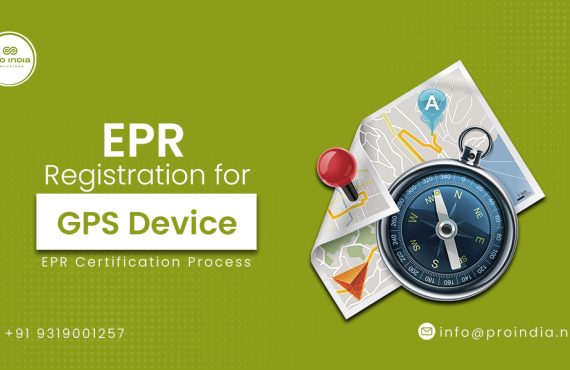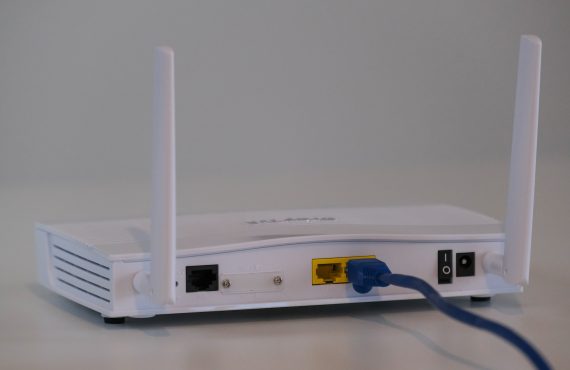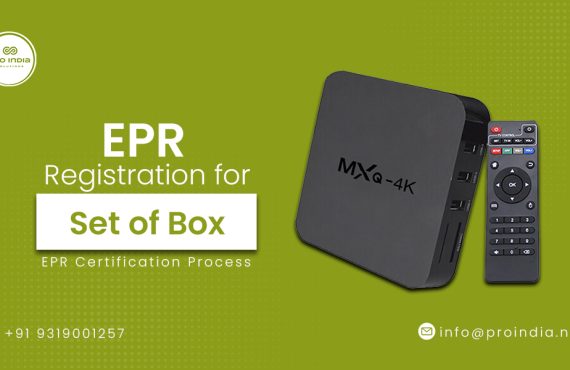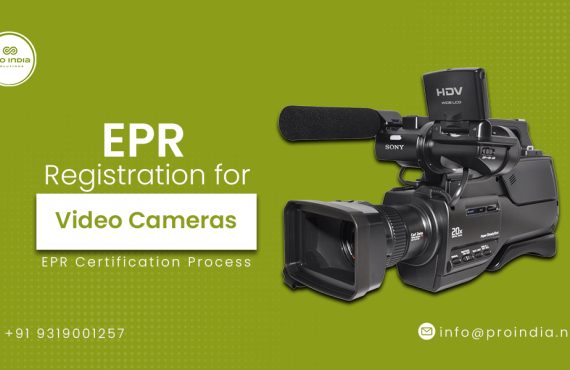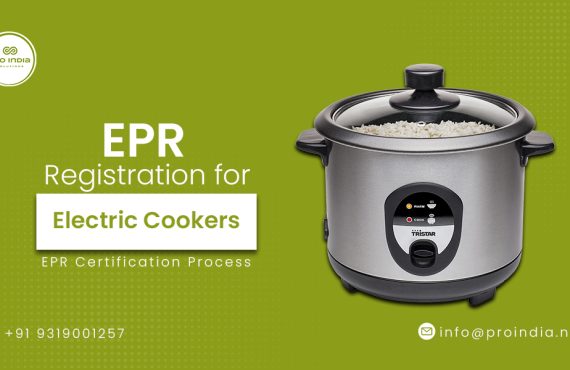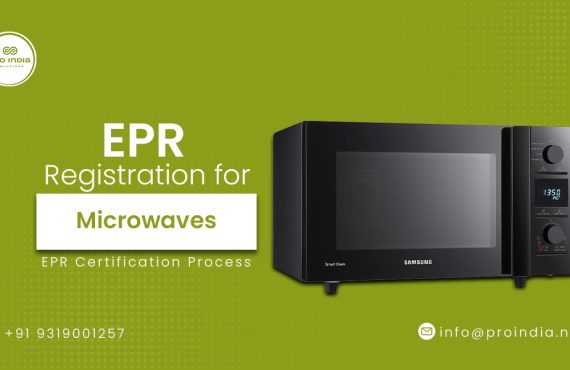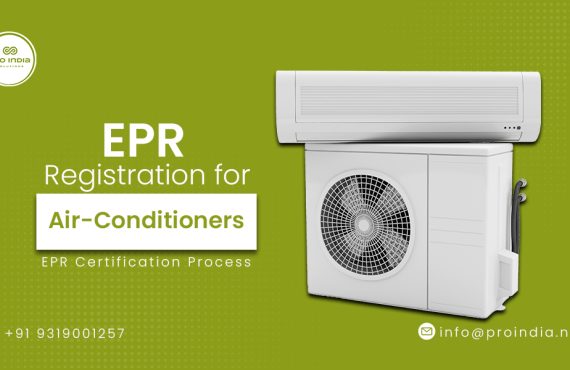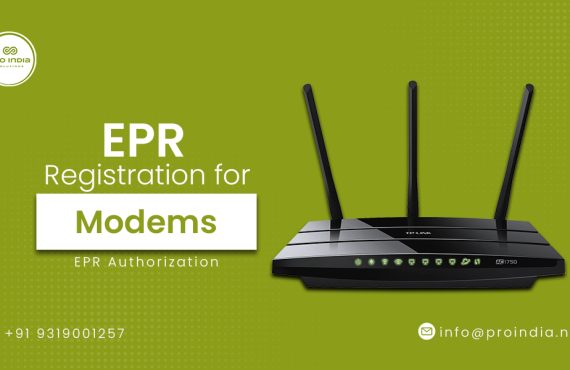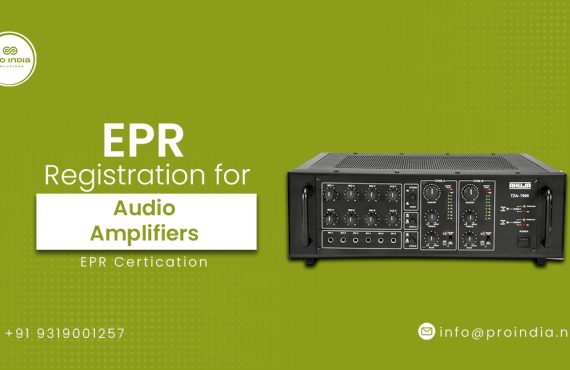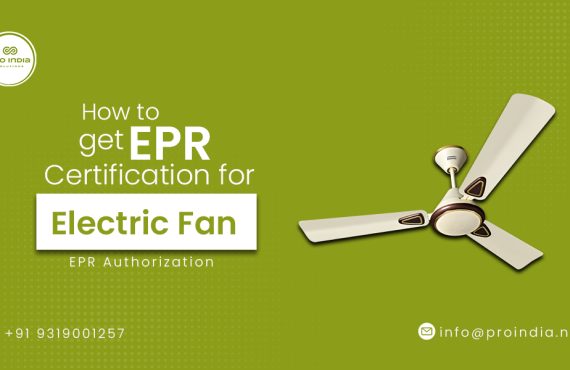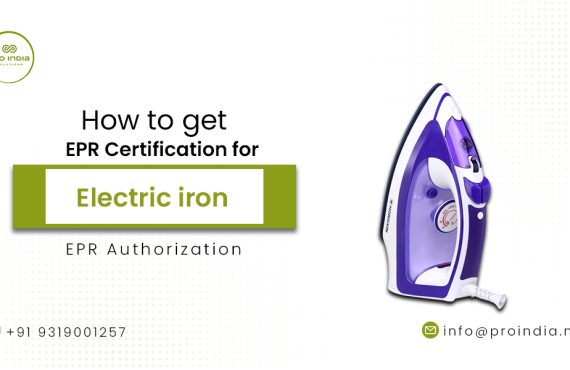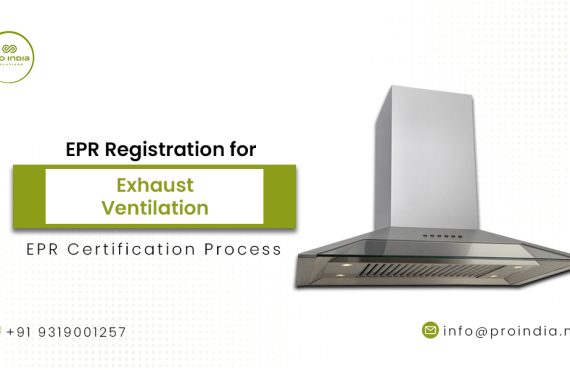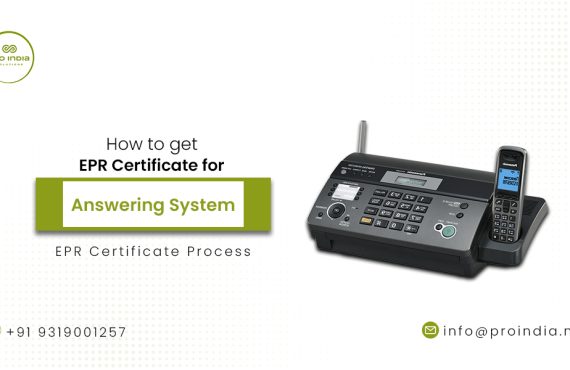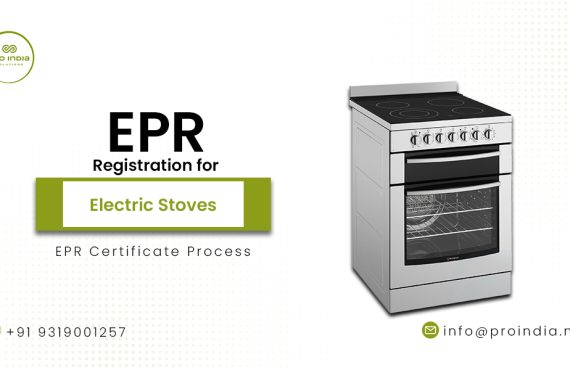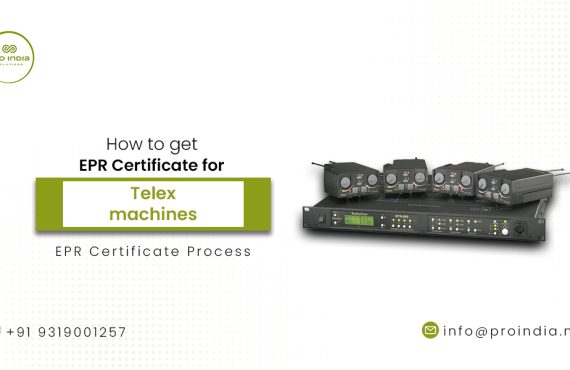Introduction:
Effective communication is essential for organizations to maintain relationships with their stakeholders, customers, and workers in today’s fast-paced business climate. EPR certification for Telephone systems is one example of a technology that has revolutionized communication within businesses. We will go into the world of EPR Telephone systems in this extensive blog post, looking at its features, advantages, and how they can improve productivity and communication in your business.
Section 1: Understanding EPR Telephone Systems
-
- Definition and Overview: Provide a clear definition of EPR Telephone systems and explain their purpose within an enterprise.
- Components of EPR Registration Telephone Systems: Discuss the key components that make up an EPR Telephone system, including base stations, handsets, repeaters, and antennas.
- Deployment Options: Explore the different deployment options available for EPR Telephone systems, such as on-premises or cloud-based solutions, and discuss their respective advantages and considerations.
Section 2: Key Features of EPR Telephone Systems
- Seamless Communication: Highlight how EPR Telephone systems facilitate seamless communication across various departments and locations within an organization.
- Enhanced Security: Discuss the robust security features of EPR Telephone systems, including encryption protocols, authentication mechanisms, and call recording capabilities.
- Scalability and Flexibility: Explain how EPR Telephone systems can scale alongside organizational growth and adapt to changing business needs, offering flexibility in terms of adding new handsets, expanding coverage, and integrating with other communication technologies.
Section 3: Benefits of EPR Telephone Systems
- Improved Productivity: Discuss how EPR Telephone systems streamline communication workflows, reduce response times, and boost overall productivity within the organization.
- Cost Savings: Highlight the potential cost savings associated with EPR Telephone systems, such as reduced phone bills, eliminated the need for third-party communication services, and optimized resource allocation.
- Enhanced Collaboration: Explain how EPR Telephone systems promote collaboration among teams by facilitating quick and efficient communication, leading to better decision-making and problem-solving.
Section 4: Use Cases and Industry Applications
- Manufacturing and Warehousing: Discuss how EPR Telephone systems are utilized in manufacturing and warehousing environments to enhance internal communication and coordinate operations.
- Healthcare and Emergency Services: Explore the role of EPR Telephone systems in healthcare facilities and emergency services, enabling swift communication between medical professionals and first responders.
- Hospitality and Retail: Highlight how EPR Telephone systems cater to the unique communication needs of the hospitality and retail sectors, ensuring seamless coordination among staff members and improving customer service.
Conclusion :
EPR telephone systems provide businesses in a variety of industries with a dependable and feature-rich communication option. Organizations may boost productivity, cut costs, and expedite collaboration by utilizing their seamless communication, greater security, and scalability. No matter what industry you are in—manufacturing, healthcare, hospitality, or any other—investing in an EPR Telephone system can be a wise move for your company. With a sophisticated EPR telephone system, you can stay in touch, streamline your communications, and maximize the potential of your business.
Contact our experts now to meet your compliance requirements.






